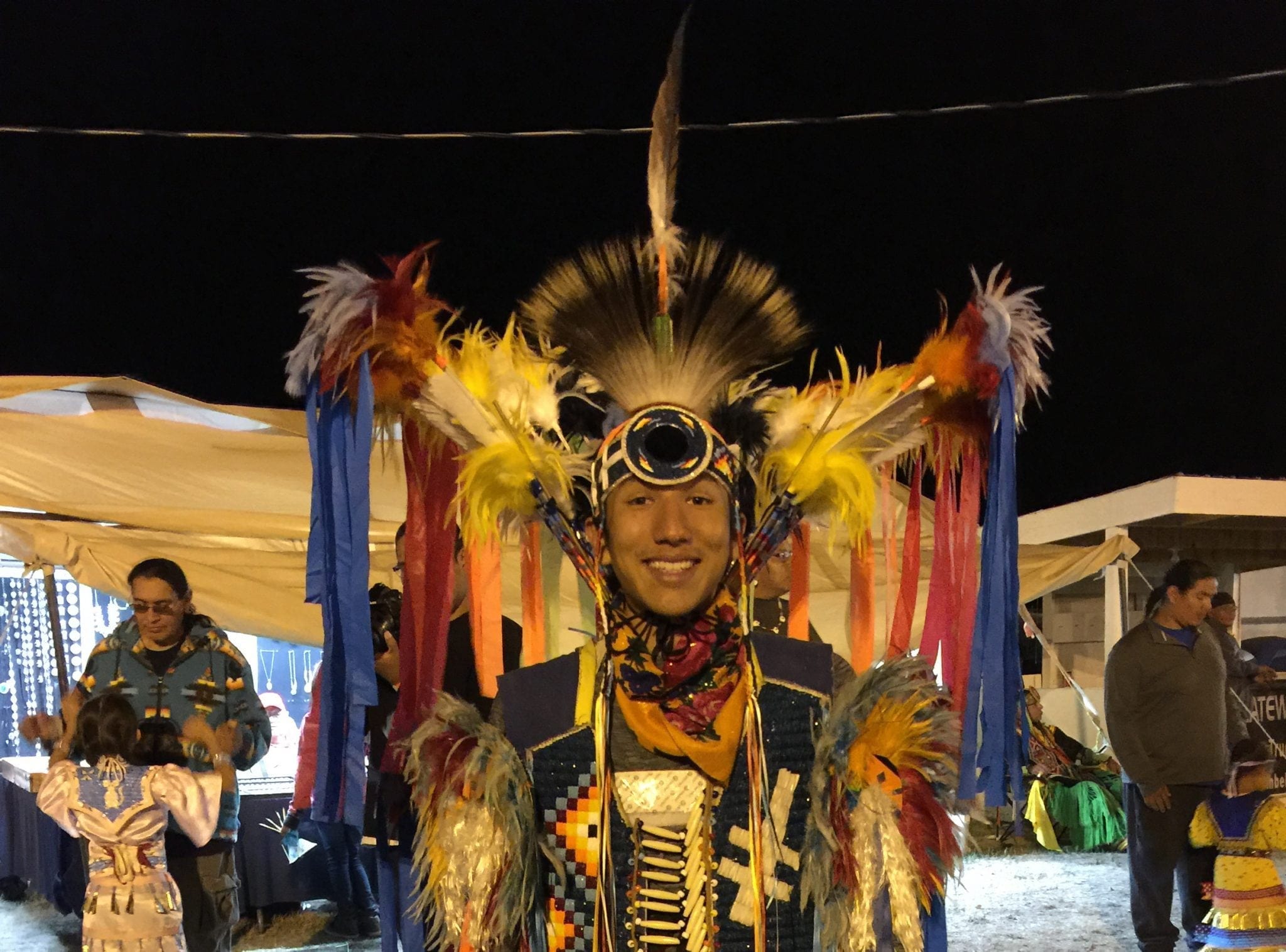The Home School History Project: American Government
“Those who cannot remember the past are condemned to repeat it.” George Santayana
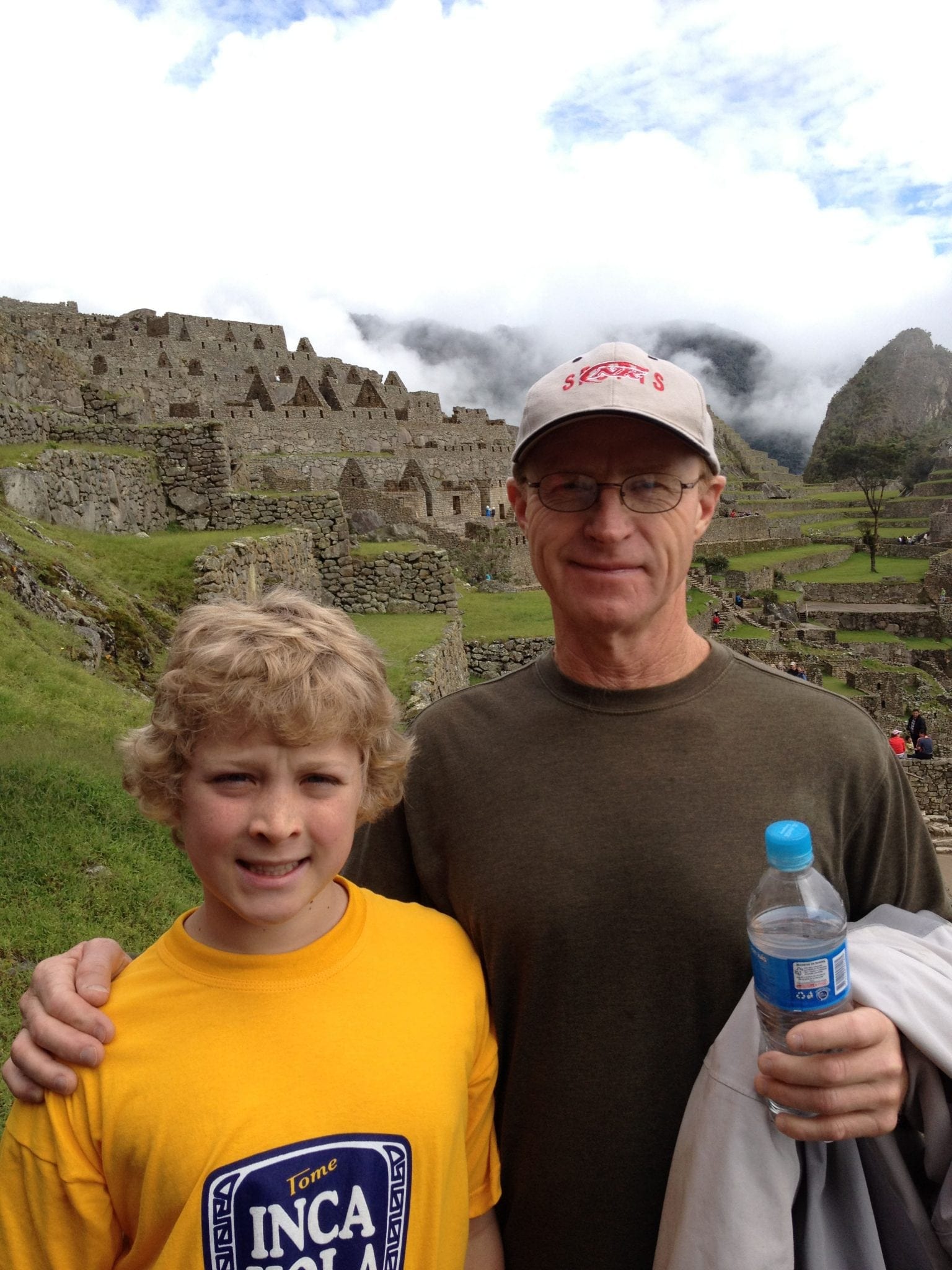
I interpret this quote to mean that through studying history people are less likely to repeat past mistakes. I think this is an important reason for studying history. In the United States the best way to accomplish this is by participating in the election process and at least voting. It disturbs me that young people, those who are likely to live the longest and therefore be affected the most by voting decisions made now, are not voting. It seems to me, they are not ensuring that the world they’re going to get is the one they want to live in.
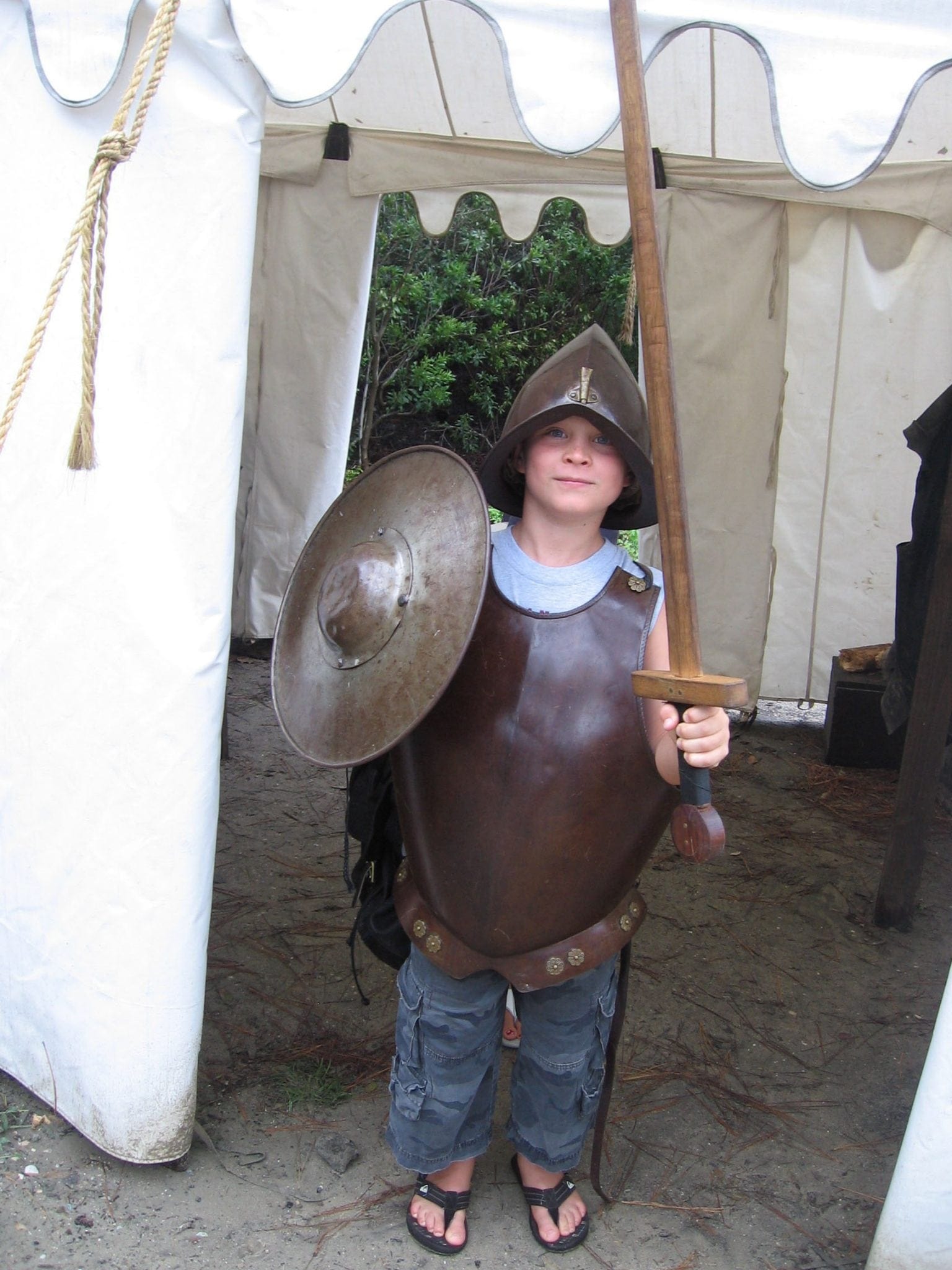
Kids who attend traditional schools have a hefty history requirement, but if you look at the statistics of how likely they are to vote, this doesn’t translate into them helping ensure that the mistakes of the past are not repeated. I wonder if the reason for the disconnect between studying history and working to affect change through the simple act of voting is because of the focus on studying past events without applying the knowledge in a meaningful way to their own life.
|
These numbers were even worse for the last election in 2014. That got me thinking about learning history and applying what has been learned in a meaningful way. This is how I believe science should be taught. Why not history?
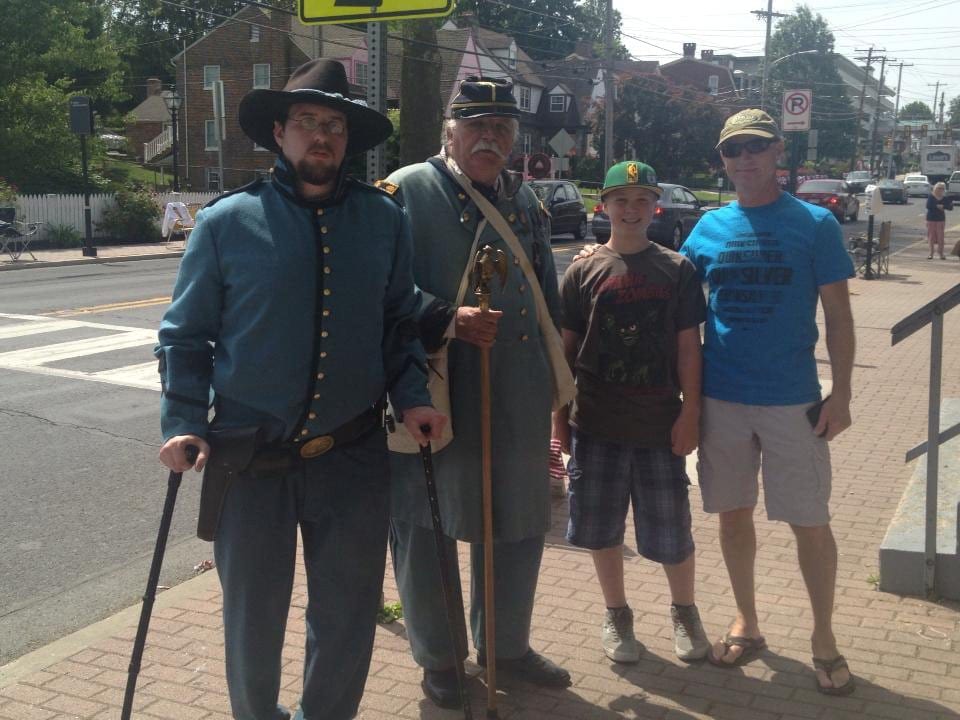
Memorial Day, 2013
I was thinking along these lines when I came up with the idea for The Homeschool History Project. Sean has spent many years studying history. He has studied American History and World History. We seek out historical sites and living history museums when we travel. This year he is going to apply what he has learned about the past to the world of today. He will actively engage in the history of now.
Two of the basic premises for history this year are:
- Large scale changes in history often occur through government action. This is not the only way historical change occurs, but it is what we are focusing on this year.
- The best way to learn how government works is by participating in it.
How does a high school student participate in government in a meaningful way? The truth is there aren’t many avenues open to them. Working for a political campaign is one of the few. By working for a political campaign, Sean will gain a better understanding of the issues important to government and the electorate. He will gain a practical working understanding of how elections work and why it is important to vote. Perhaps even more importantly, by investigating and researching candidates, issues, and political parties, he will learn what is most important to him with respect to the issues he will vote on in the future.
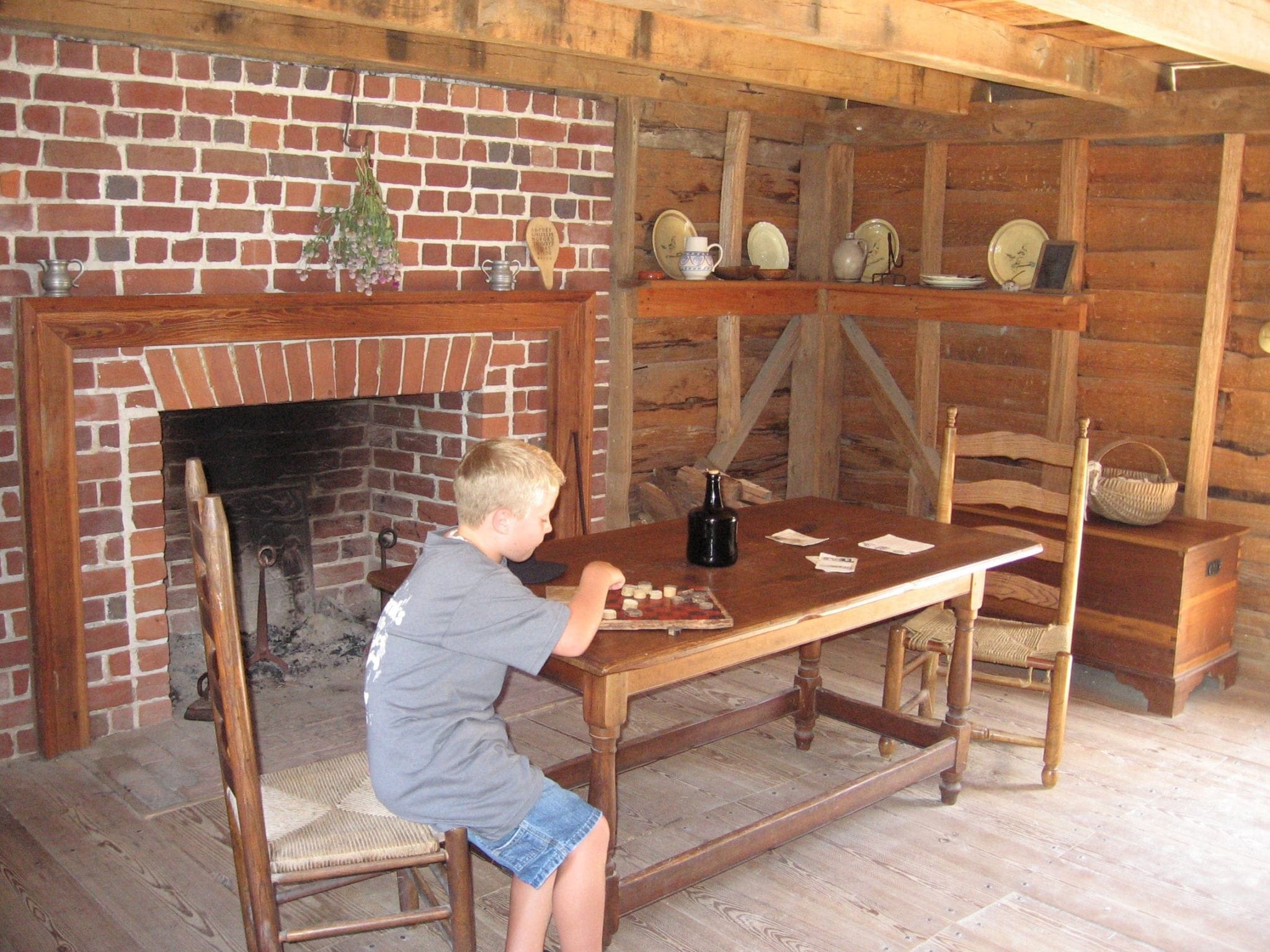
What Students Will Be Doing in This Course: A Tentative Schedule
This is not a final schedule. Nothing is set in stone. I expect there to be revisions over the next year.
- As candidates enter the primary, listen to the speech where they declare their candidacy and fill out the form at the end of this post.
- Months 1 and 2:
- Thinkwell American Government
- Choose a candidate. If the candidate does not make it out of the primary, Sean will have to switch candidates. He will sign up for a campaign during the first two months with an understanding that he will start working in earnest on the campaign in December. Volunteering will be in addition to the assigned written work.
- Months 3 through one month after the election
- Each month, look at a specific issue or set of related issues. For example, the different parties’ platforms on scientific issues. Issues like stem cell research and climate change. On week one of the month, fill out a questionnaire looking at the issues. On week two look at how each candidate aligns with their party’s platform. On week three, look at the facts, without the politics, of these issues. On week four, write or discuss orally our opinions about these issues. We will also look at unions, lobbying, healthcare, the financial system, the ongoing wars, money in politics, foreign policy, and any other issues that are important to the electorate. The goal is to have some understanding of these issues by the end of this process.
- Write a monthly blog piece about the candidates, issues, and our volunteer experiences.
- Watch and discuss orally all the debates. Focus on the discussions with Sean being cogent, while adequately supporting opinions about the debate and the candidate’s positions. Use social media such as Facebook and twitter to comment on the debates. Read factcheck.org after the debates to see who was the most honest about their positions and their opponents’ positions on issues.
- Create a photo journal for the final month of the election. Sean will be working hard enough on the campaign this month and won’t have time for much more than photo journaling.
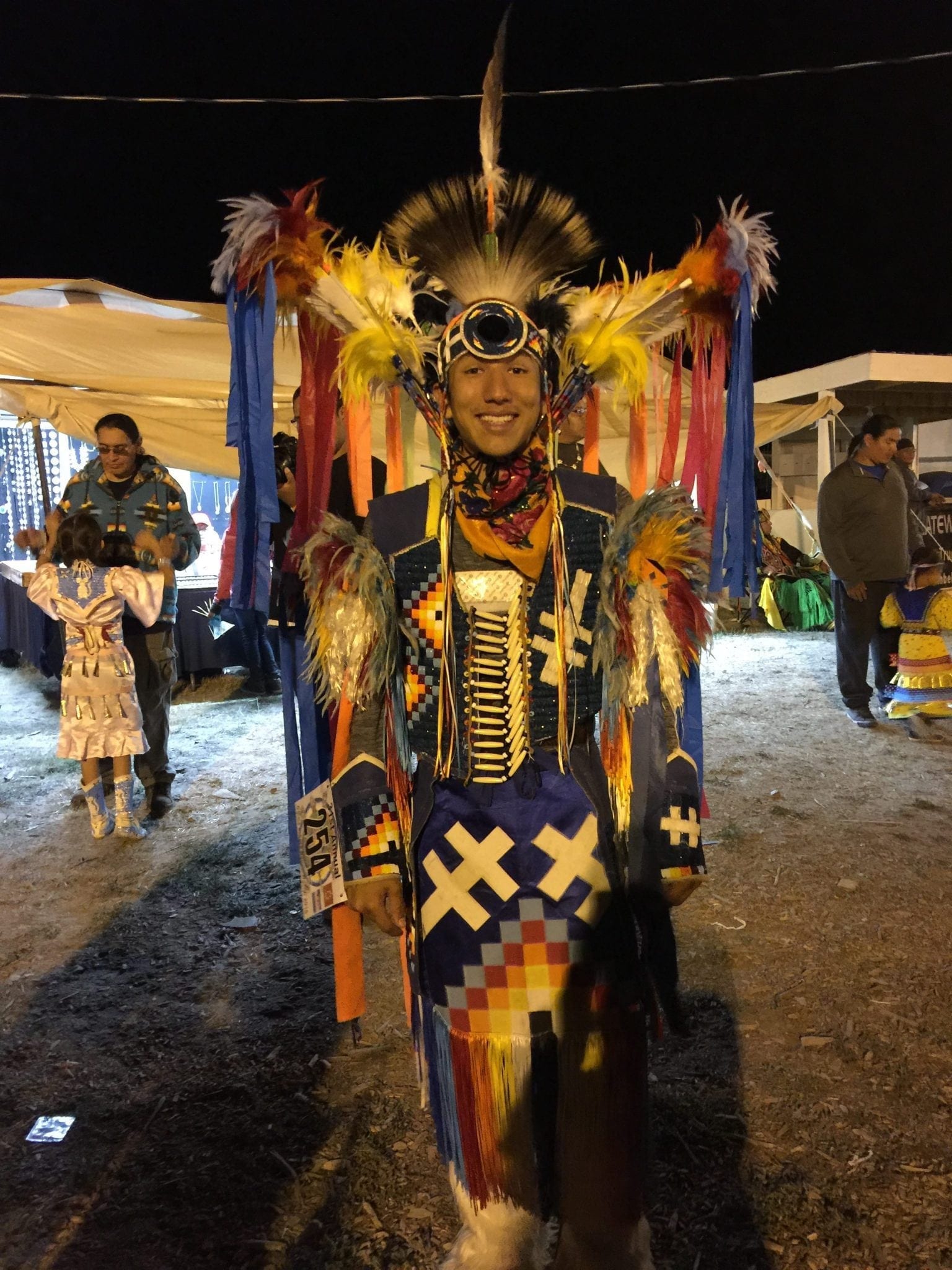
In case you are wondering, I am not an expert on American politics or American government. I know more than Sean, but for most of this we will learn together. I think this adds strength to this course of study. We will use the Thinkwell course to come to an academic understanding of American government. In addition, I want Sean to see my opinions and positions grow and evolve as I come to a deeper understanding of issues, and as I watch the candidates in the debates and read what is written about them. I plan on exploring issues with him and discussing and taking positions as to which we each care most about. I will not be looking for Sean to mirror my positions. I want him to come to an understanding of what matters most to him. I have been careful to this point not to favor any candidate. Does it mean no bias has crept in? No, that is inevitable. Both my husband and I have similar views on most issues, and we often discuss our views.
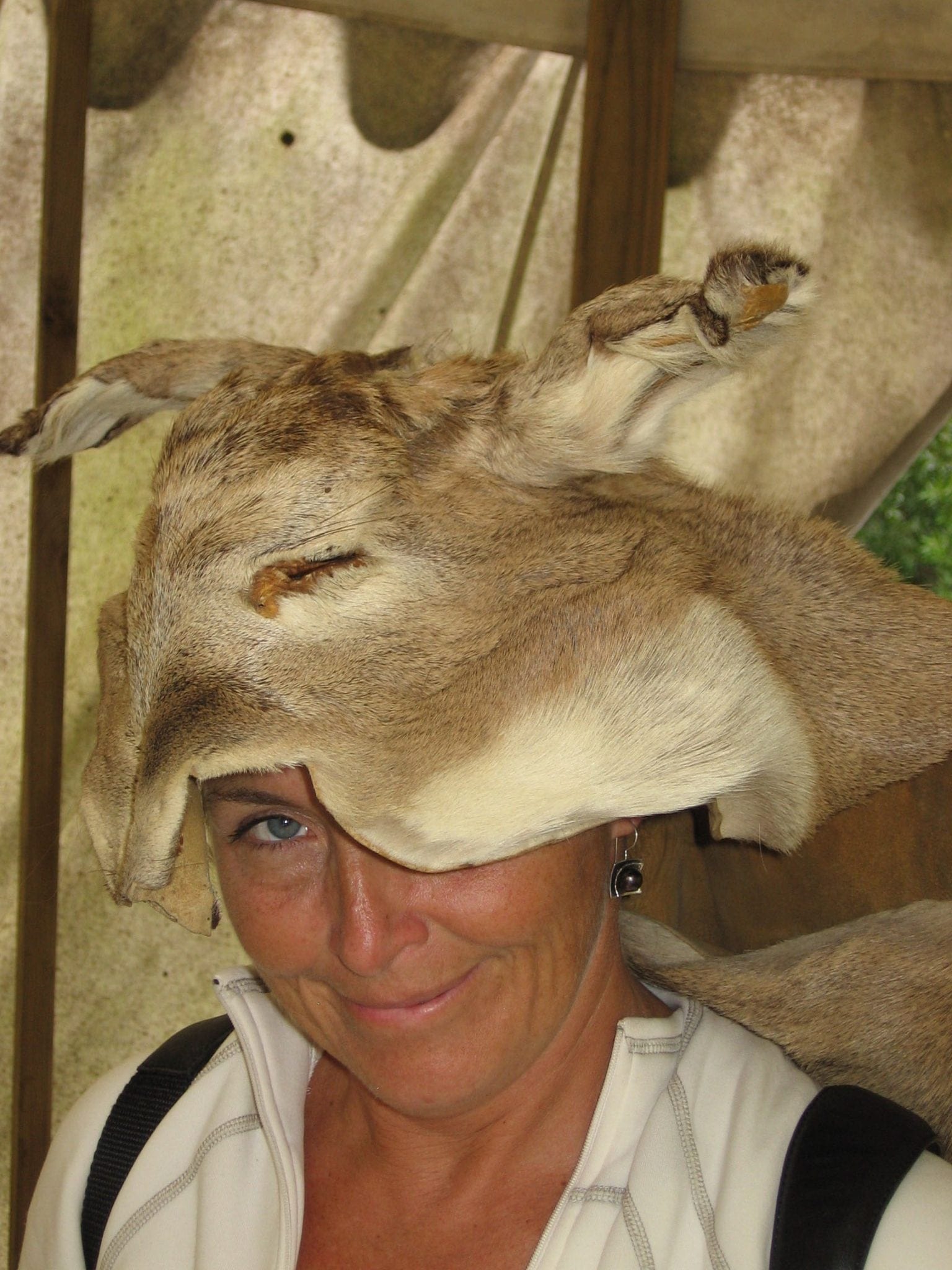
When I first came up with this idea I thought I would put together a group to do this. We will be doing this with or without a group. One other homeschooling mom is going to do this with us. If anyone else wants to participate in this, great, but it will definitely be a group effort. Frankly, I am too busy for it to be anything else. Here are the guidelines that must be met for participation with the group.
If you want to participate in this with us:
- All political and religious affiliations are welcome. However, every person will have to sign a statement at the beginning of this course that they will be respectful of other’s differences. No flaming or bullying will be tolerated. We will leave that for political attack ads. If we can’t celebrate each other’s differences, we will need to at least respect them.
- There will be some requirements for the parents of each student. Do not sign up for this unless you, the parent, are willing to do some of the teaching of this course. You will also have to commit to either working on the campaign with your student, or at a minimum, making sure they get to their commitments over the course of the year. It is also expected that you make sure your student is doing the work. It is up to the parent, not me or the other students to make sure your student is doing the work.
- Even though I am the person starting this group, I am not in charge of this group.
- You do not need to know me personally to be considered for this group.
- It is a requirement for this course that all adults the student lives with commit to voting in the 2016 election. Because this course is about American government and how it functions, it is critical that you as a parent set a positive example for your student.
- Students can choose any candidate they want, with the exception of candidates who support voter suppression of any kind. Voter suppression disillusions and disenfranchises young people. The purpose of this project is to empower young people not the opposite.
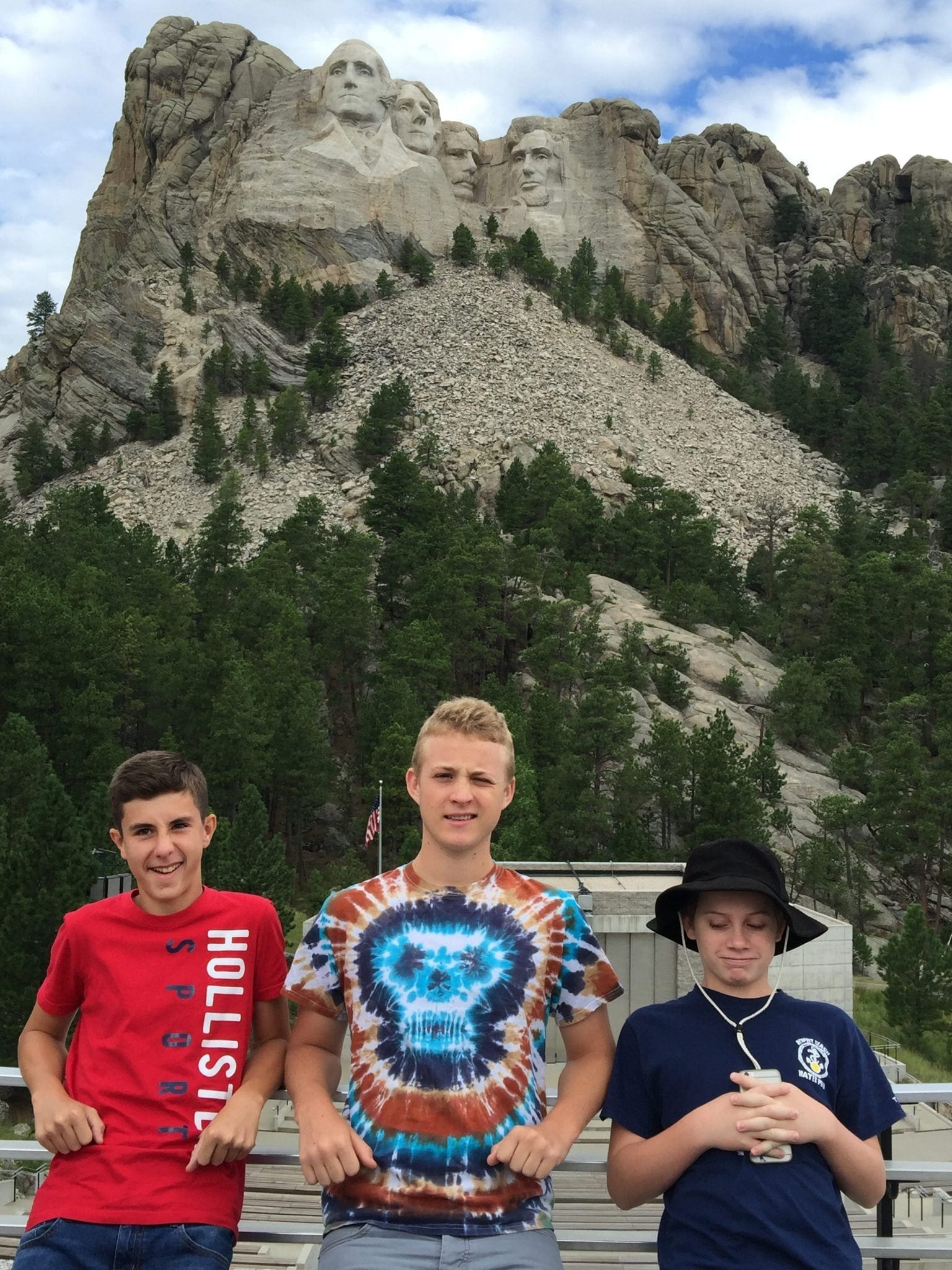
It feels a little funny to openly discuss our political preferences, but Sean doesn’t share my reservations.
Check out my post on handcrafting 10th grade here.

